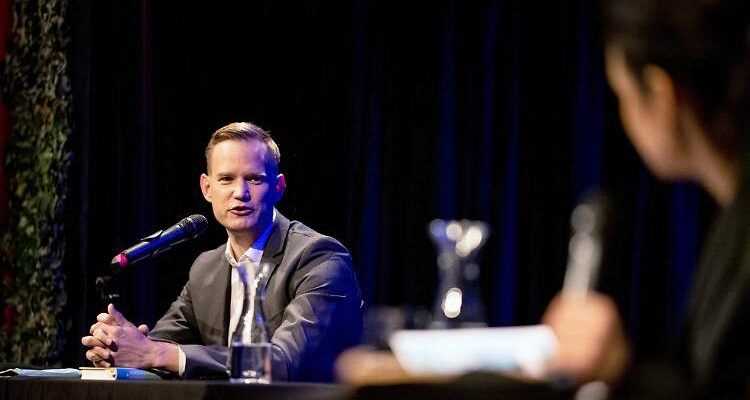Tuesday, December 14, 2021
Committee advises on pandemic measures
This is Scholz’s Corona expert advice
For the first time, the Corona Expert Council of the new federal government meets. From now on, the committee will discuss on a weekly basis which measures are appropriate. The members were appointed by Chancellor Scholz. Among them are well-known names such as Wieler, Drosten and Streeck.
A new coronavirus expert council is to advise the federal government on pandemic control in the future. In the virtual kick-off meeting to be opened by Chancellor Scholz, the first appointment should be about a working structure. In the future, the committee will meet once a week. The aim is for the committee to come to the most unanimous recommendations for politics, said government spokesman Steffen Hebestreit. “The exchange with my former colleagues will be the basis of my crisis management and the entire federal government,” announced Health Minister Karl Lauterbach in the “Rheinische Post”.
According to a media report, the new committee will include virologists Christian Drosten and Hendrik Streeck belong. The list of the council was completed last Friday, reported the “Welt am Sonntag”.
Drosten, chief virologist at the Berlin Charité, and Streeck, head of the virological institute at the Bonn University Clinic, had expressed very different views in the past about the measures required in the corona crisis. In contrast to Streeck, Drosten had spoken out in favor of tougher encroachments on fundamental rights and assessed the pandemic as more severe. Unlike Drosten, Streeck was never called in to corona consultations under Chancellor Angela Merkel.
The Bonn virologist Hendrik Streeck was the antithesis to Christian Drosten, especially at the beginning of the pandemic.
(Photo: picture alliance / dpa)
In addition to the two virologists, other well-known experts should also belong to the council, according to the report. This should include the two heads of the Robert Koch Institute (RKI) and the Standing Vaccination Commission (STIKO), Lothar Wieler and Thomas Mertens, being. The virologist also belonged Melanie Brinkmann from the Helmholtz Center for Infection Research, the physicist Viola Priesemann from the Max Planck Institute, the chairwoman of the German Ethics Council Alena Buyx from the Technical University of Munich and the intensive care physician Christian Karagiannidis from the German Interdisciplinary Association for Intensive and Emergency Medicine (DIVI Intensive Care Register) to the Expert Council.
The 19-person committee is to be completed by the following experts:
- Prof. Reinhard Berner (Director of the Children’s Clinic at the Dresden University Hospital),
- Prof. Cornelia Betsch (Professor for Health Communication at the University of Erfurt),
- Prof. Jörg Dötsch (German Society for Child and Adolescent Medicine),
- Prof. Christine Falk (President of the German Society for Immunology),
- Prof. Ralph Hertwig (Psychologist and director of the research area Adaptive Rationality at the Max Planck Institute for Human Development in Berlin),
- Prof. Lars Kaderali (Institute for Bioinformatics, University Medicine Greifswald),
- Prof. Hayo Kroemer (CEO of the Berlin Charité),
- Prof. Michael Meyer-Herrmann (Head of the Systems Immunology Department at the Helmholtz Center for Infection Research),
- Dr. Johannes Niessen (Head of the Cologne Health Department),
- Prof. Leif Erik Sander (Head of the Infection Immunology and Vaccination Research Research Group at the Charité) and
- Stefan Sternberg (District Administrator of Ludwigslust-Parchim).
In the past few months, scientists had pushed for such a body to be set up several times. Brinkmann and Karagiannidis were among the signatories of an open letter in mid-November. “We consider it necessary that the fight against pandemics has a stronger factual basis,” it said. Political decisions would have to be “oriented much more strongly than before on scientific findings”.
